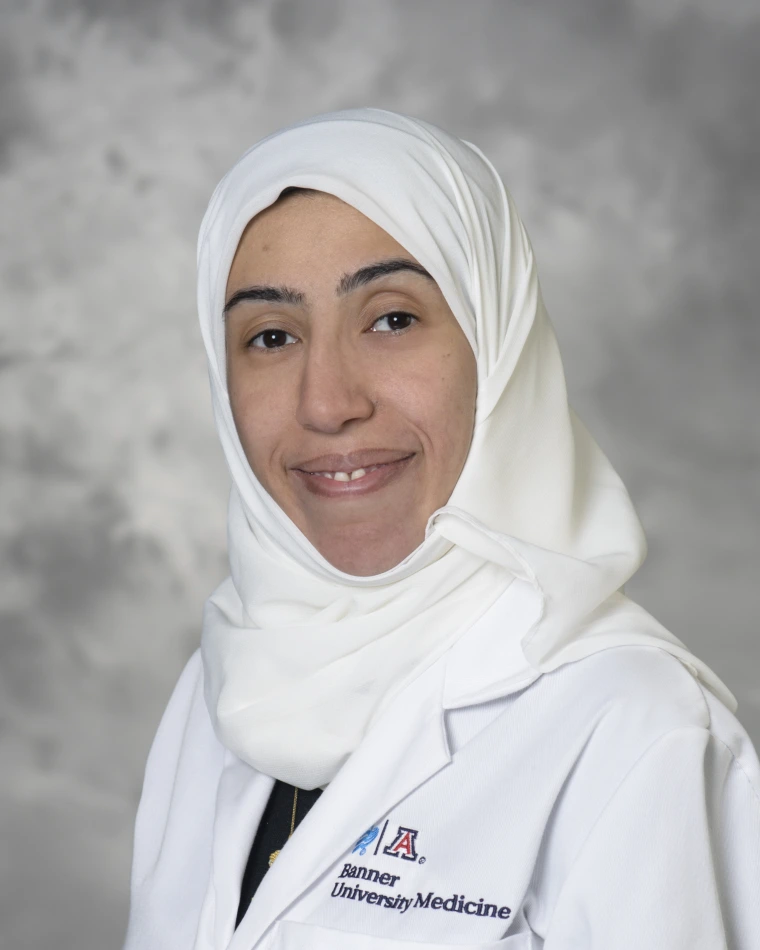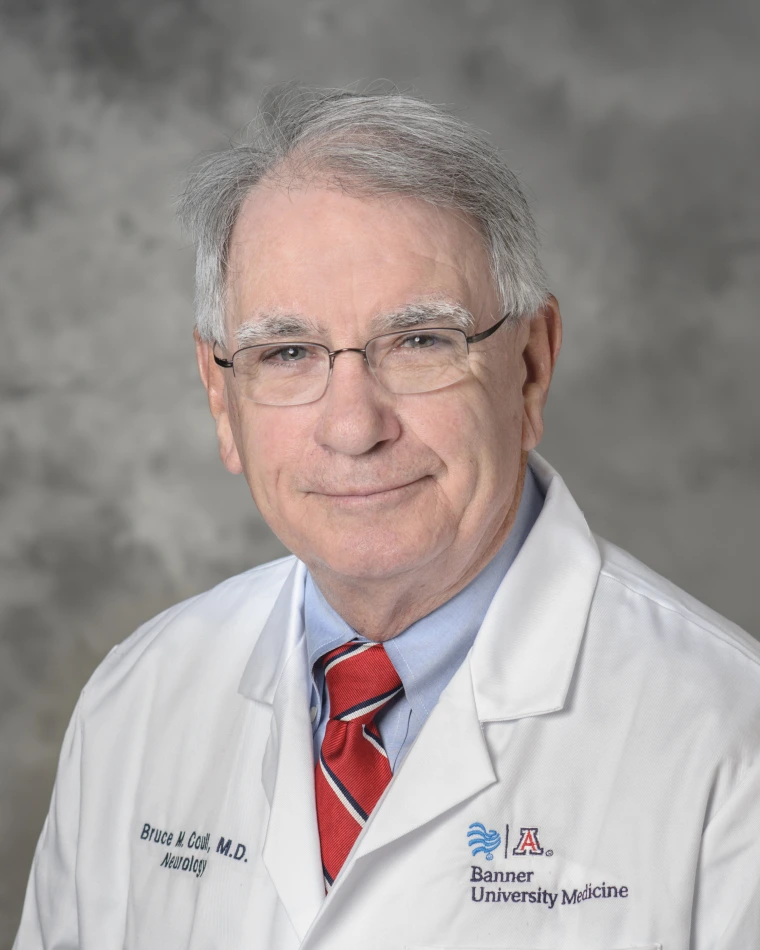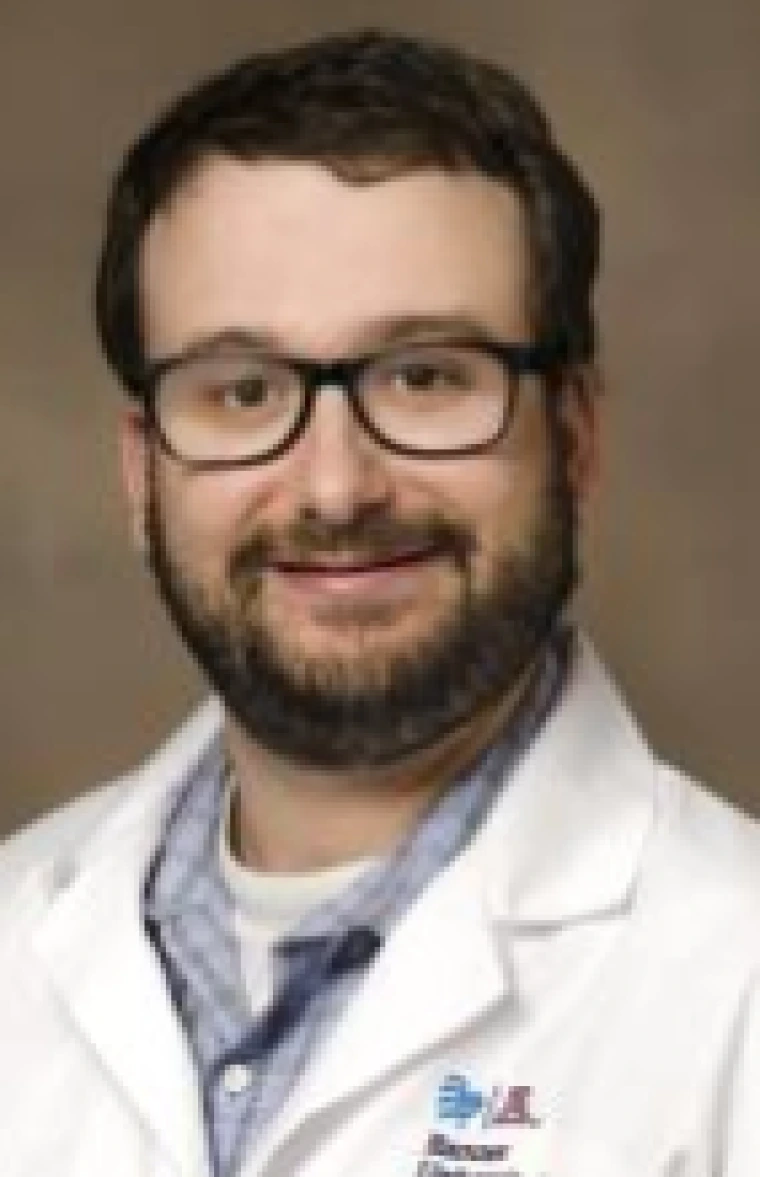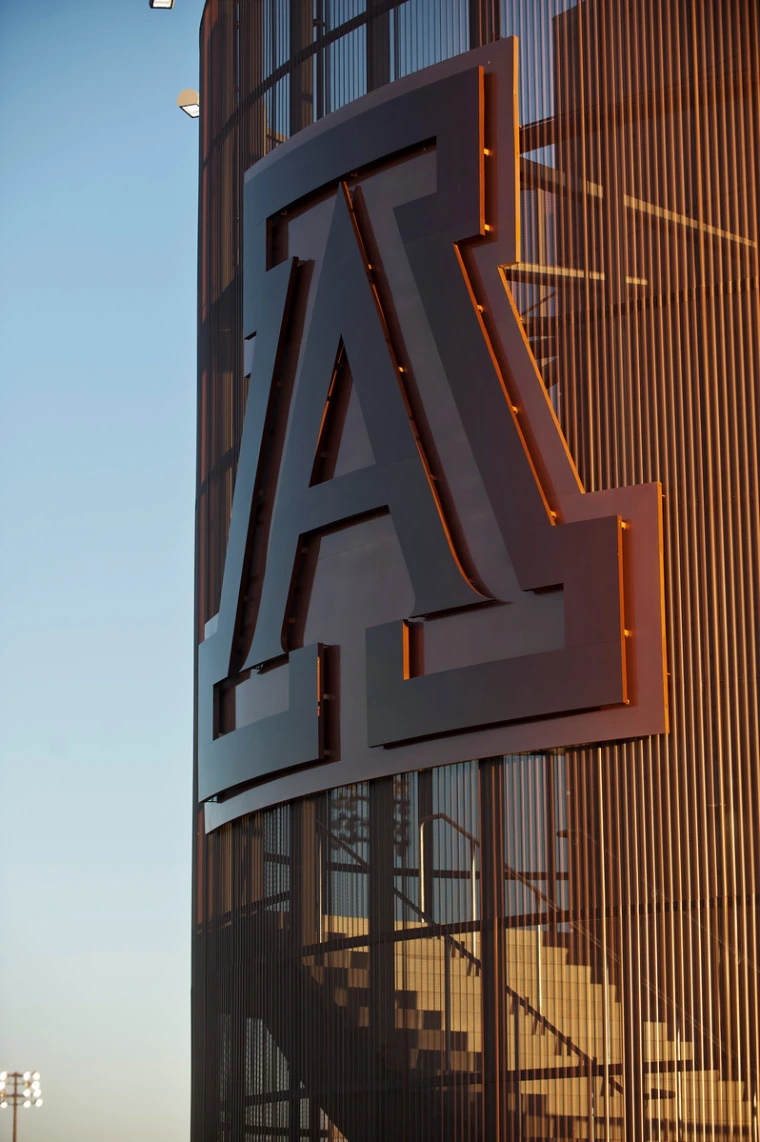Neurology
Stroke & Vascular Neurology
Our mission is to translate scientific discovery into real-world improvements in outcomes and quality of life, while cultivating the next generation of vascular neurologists.
Research
The Division of Stroke and Vascular Neurology is deeply involved in clinical and translational research to improve stroke prevention, diagnosis, acute treatment and post-stroke recovery. Faculty participate in national and international stroke trials, evaluating novel pharmacologic agents, neuroprotective therapies, advanced neuroimaging techniques and endovascular interventions. Our division is an active site for NIH- and industry-sponsored studies through collaborations with the Arizona Emergency Medicine Research Center and other consortia.
Our translational research efforts are led in part by faculty with expertise in neuroimmunology, neurorepair and vascular biology. Projects include investigations into the molecular and cellular mechanisms of ischemic injury, hemorrhage and neuroinflammation, as well as preclinical studies using animal models of stroke and brain injury. We are also exploring biomarkers to predict stroke outcomes and guide personalized therapies.
Additionally, we support investigator-initiated research on stroke systems of care, health disparities in stroke treatment, and innovative models for post-stroke recovery and secondary prevention in diverse populations.
Education
The division is home to an ACGME-accredited Stroke and Vascular Neurology Fellowship Program, which offers advanced clinical training in acute stroke management, neurovascular imaging, stroke prevention and post-stroke care. We are approved for two one-year fellowship positions annually. Fellows rotate through our Comprehensive Stroke Center, Neurocritical Care Unit, Interventional Neuroradiology and outpatient stroke clinics, gaining hands-on experience in both urban and community settings. A second year of training focused on clinical research is available for selected candidates pursuing academic careers.
Our division also plays a central role in educating neurology residents, internal medicine residents and medical students in the diagnosis and management of stroke. Trainees are involved in acute stroke code responses, inpatient stroke rounds, vascular neurology clinics and interdisciplinary case conferences. Didactic offerings include a robust curriculum in stroke neurology, journal clubs and workshops on neuroimaging and NIH Stroke Scale certification.
By combining rigorous clinical training with opportunities for research and scholarly development, our program prepares future vascular neurologists to become leaders in stroke care, education and investigation.







